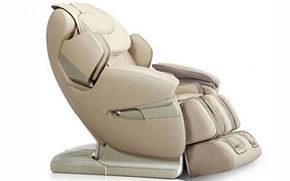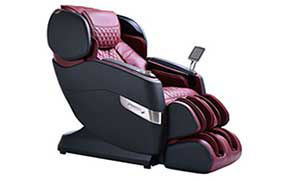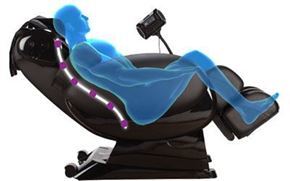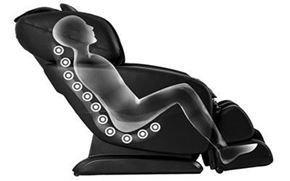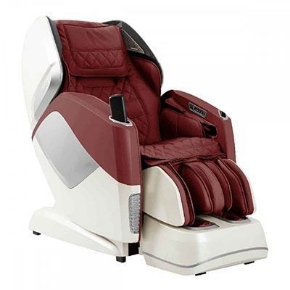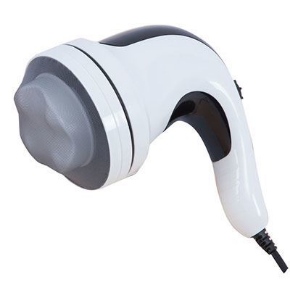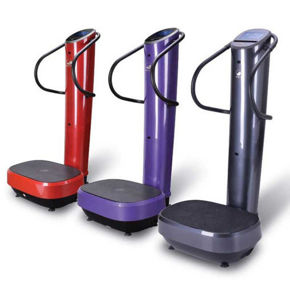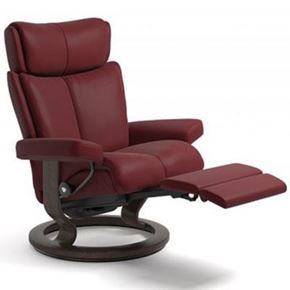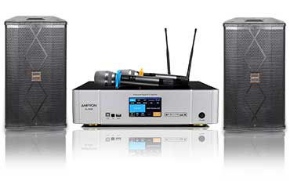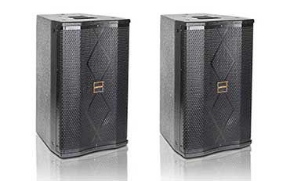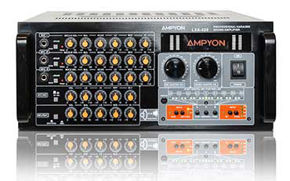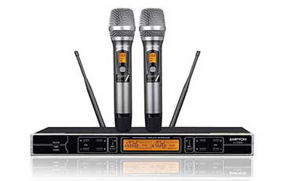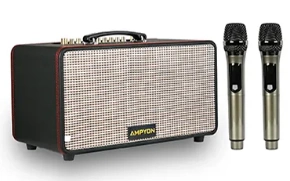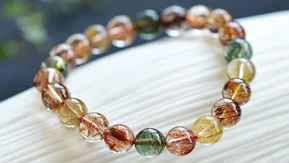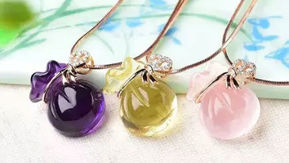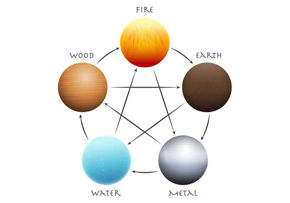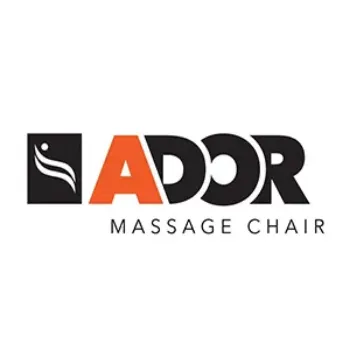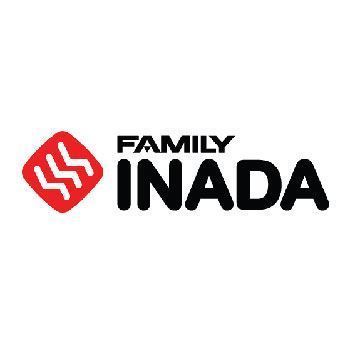When shopping for a karaoke system or setting up your own at home, you're likely to come across two terms repeatedly: watts (W) and decibels (dB). These technical terms appear in product specs for speakers, amplifiers, microphones, and more. But what do they really mean, and how do they affect your karaoke experience?
This blog will demystify watts and decibels, explain their roles in sound reproduction, and help you understand how they work together to deliver powerful, clear vocals during your next karaoke night. Whether you're a casual singer or an audiophile, knowing the difference can help you make smarter buying decisions.
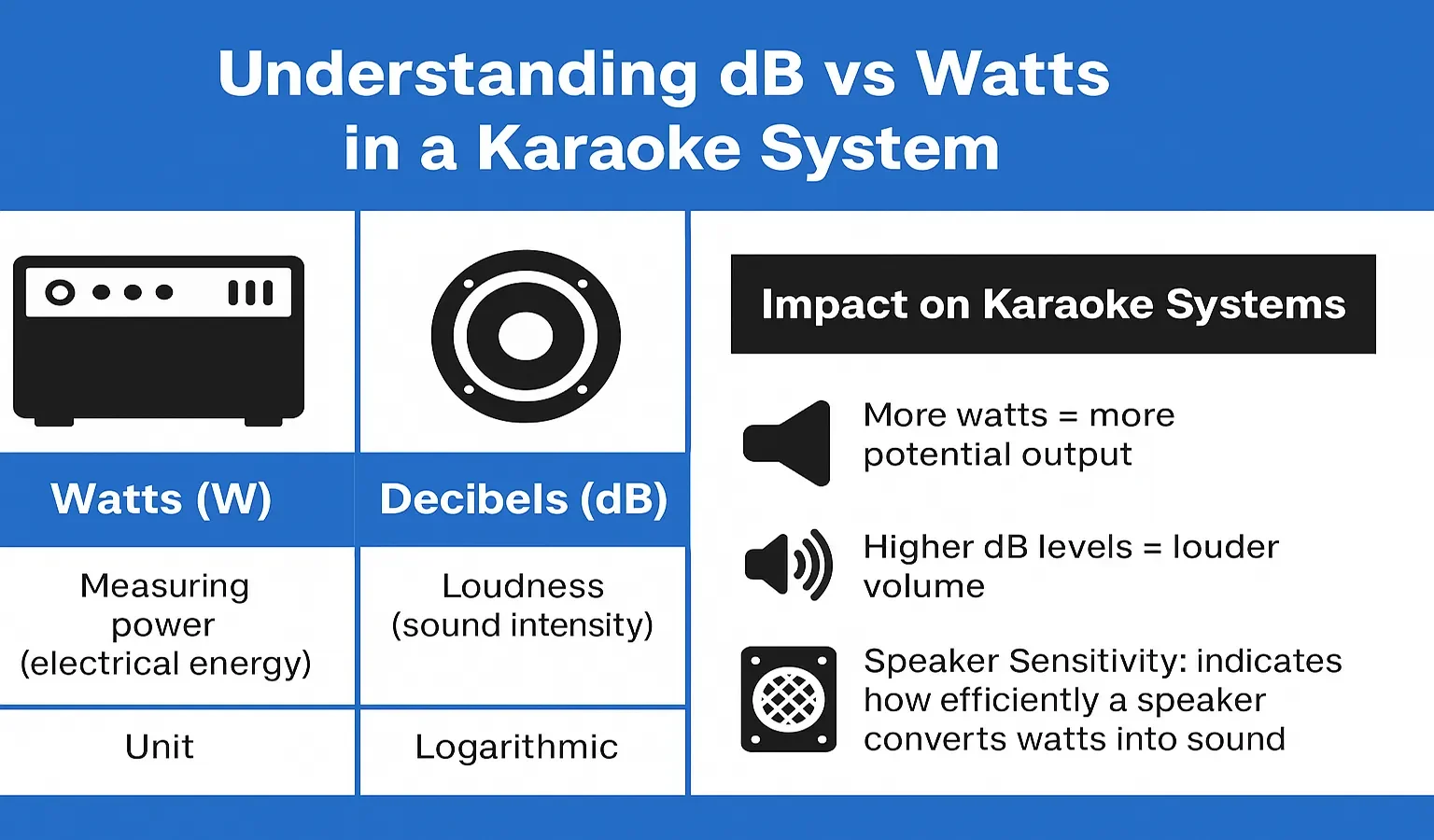
Table of Contents
-
What Are Watts?
-
What Are Decibels (dB)?
-
Watts vs. Decibels: Key Differences
-
How Watts Affect Your Karaoke System
-
How dB Levels Influence Karaoke Performance
-
Speaker Sensitivity: Where dB and Watts Meet
-
Real-World Example: dB & Watts in Action
-
Misconceptions: More Watts ≠ Louder Sound
-
Matching Speakers and Amplifiers Using dB and Watt Ratings
-
Tips for Karaoke Setup Optimization
-
Conclusion: Finding the Right Balance
1. What Are Watts?
Watts (W) are a unit of electrical power. In a karaoke system, watts usually refer to the amount of power delivered from the amplifier to the speakers.
-
More watts means more power can be sent to the speakers.
-
Less watts means the amplifier or speaker is designed for lower output levels.
Think of watts as the "horsepower" behind your sound. It represents the potential energy being pushed through the system—not the actual loudness you're hearing.
Two types of watt ratings to know:
-
RMS (Root Mean Square): This is the continuous power the device can handle. It’s the most reliable number to compare.
-
Peak or Max Power: This is the maximum wattage the device can handle in short bursts. Often used in marketing, but not as reliable.
👉 Example: A speaker rated at 100W RMS and 200W peak can safely run at 100W continuously, but might handle 200W for a few seconds.
2. What Are Decibels (dB)?
Decibels (dB) are a unit of sound intensity or loudness. dB measures how loud something is, not how much power it uses.
-
A whisper: ~30 dB
-
Normal conversation: ~60 dB
-
Karaoke in a small room: ~85-95 dB
-
Live concert: ~110-120 dB
dB works on a logarithmic scale, which means:
-
Every increase of 10 dB = roughly double the perceived loudness.
-
Going from 90 dB to 100 dB sounds twice as loud, but actually requires 10x the power!
That’s why boosting volume just a little bit in sound systems can sometimes require a lot more watts.
3. Watts vs. Decibels: Key Differences
| Feature | Watts (W) | Decibels (dB) |
|---|---|---|
| Measures | Power (electrical energy) | Loudness (sound pressure level) |
| Unit type | Linear | Logarithmic |
| What it affects | Output potential | Perceived volume |
| Controlled by | Amplifiers, power sources | Speaker efficiency, room acoustics |
| Common mistake | “More watts = louder” | “Higher dB = better” |
4. How Watts Affect Your Karaoke System
In a karaoke system, watts primarily come from your amplifier or powered speakers. They determine how much power is available to drive the sound.
-
Low-watt amps (under 100W RMS): Fine for small rooms, solo karaoke sessions.
-
Mid-range amps (100-300W RMS): Good for medium-sized parties or home karaoke.
-
High-power amps (400W+ RMS): Great for large rooms or outdoor karaoke with multiple speakers.
💡 If your speakers can’t handle the wattage, they may distort—or worse, get damaged.
5. How dB Levels Influence Karaoke Performance
The dB level tells you how loud your karaoke system will sound. But it’s not just about turning up the volume. Here's why dB matters:
-
Vocals get buried if background music is louder in dB.
-
Feedback (howling) often happens if microphone gain is too high in dB.
-
Room acoustics and reflections can amplify dB levels and cause echo or muddiness.
Most karaoke systems should aim for 85-95 dB in a typical room. Anything higher can risk hearing damage if prolonged.
6. Speaker Sensitivity: Where dB and Watts Meet
This is where the magic happens. Speaker sensitivity tells you how efficiently a speaker converts watts into sound (dB).
It’s measured like this:
📢 “Speaker sensitivity = X dB @ 1W/1m”
This means: how loud the speaker will be (in dB) when fed 1 watt of power, measured from 1 meter away.
| Sensitivity (dB) | Loudness Level at 1W |
|---|---|
| 85 dB | Normal, may need more watts |
| 90 dB | Efficient, requires less power |
| 95 dB+ | Very efficient, gets loud fast |
💡 A speaker rated at 90 dB @ 1W/1m will sound twice as loud as one rated at 87 dB @ 1W/1m—using the same power!
7. Real-World Example: dB & Watts in Action
Let’s say you have:
-
An amplifier rated at 100W RMS per channel.
-
A speaker rated at 90 dB sensitivity.
Here’s what happens:
-
At 1 watt: speaker produces 90 dB at 1 meter.
-
At 10 watts: ~100 dB.
-
At 100 watts: ~110 dB.
📌 Notice: every 10x increase in power = +10 dB in loudness.
But every +10 dB = only double the perceived loudness. That’s why higher wattage gives diminishing returns in volume.
8. Misconceptions: More Watts ≠ Louder Sound
Many people assume a 1000W speaker is “louder” than a 300W one. Not necessarily.
-
A 300W speaker with 95 dB sensitivity may sound louder than
-
A 1000W speaker with 85 dB sensitivity.
Why? Because the efficient speaker converts power to sound better.
Also, many products advertise peak power, not RMS. That “5000W” karaoke speaker might really be 200W RMS.
9. Matching Speakers and Amplifiers Using dB and Watt Ratings
To get optimal performance and avoid damage:
✅ Match amplifier RMS output to speaker RMS handling.
✅ Check speaker sensitivity to ensure efficient use of power.
✅ Avoid underpowering, which can lead to clipping (distorted, harmful sound).
✅ Don’t overpower unless your speaker has headroom for it.
Example pairing:
-
Amp: 150W RMS per channel
-
Speakers: 100-200W RMS, 90 dB sensitivity
➡️ Good match for home karaoke, capable of 100+ dB sound levels with no distortion.
10. Tips for Karaoke Setup Optimization
If you're aiming for the best karaoke experience, here’s how to use dB and watts wisely:
🔊 Choose the right speaker sensitivity.
Aim for 88-92 dB if you want loud sound without needing huge amps.
🎛️ Use equalizers or sound processors.
These help balance dB levels between vocals and music for clarity.
🎤 Manage microphone gain carefully.
Too much gain increases dB, risking feedback.
📏 Mind your distance.
Sound pressure (dB) drops the further you move from the speaker. Sitting 2 meters away reduces perceived loudness by 6 dB!
🧱 Consider room acoustics.
Carpets, curtains, and walls can absorb or reflect sound—affecting how many dB actually reach your ears.
11. Conclusion: Finding the Right Balance
In the world of karaoke systems, watts and dB are two sides of the same coin—one represents power, the other represents perceived sound. But they don’t increase together linearly, and chasing higher numbers in either doesn’t always guarantee better sound.
Instead, focus on:
-
Efficient speakers with decent sensitivity ratings.
-
Amplifiers that match speaker wattage.
-
Smart gain staging and equalization to balance vocals and music.
-
Room acoustics that support rather than sabotage your sound.
Once you understand the relationship between dB and watts, you’ll be able to make informed decisions—whether you’re upgrading your karaoke setup or troubleshooting sound issues. And ultimately, that leads to a better night of singing, dancing, and unforgettable fun.

